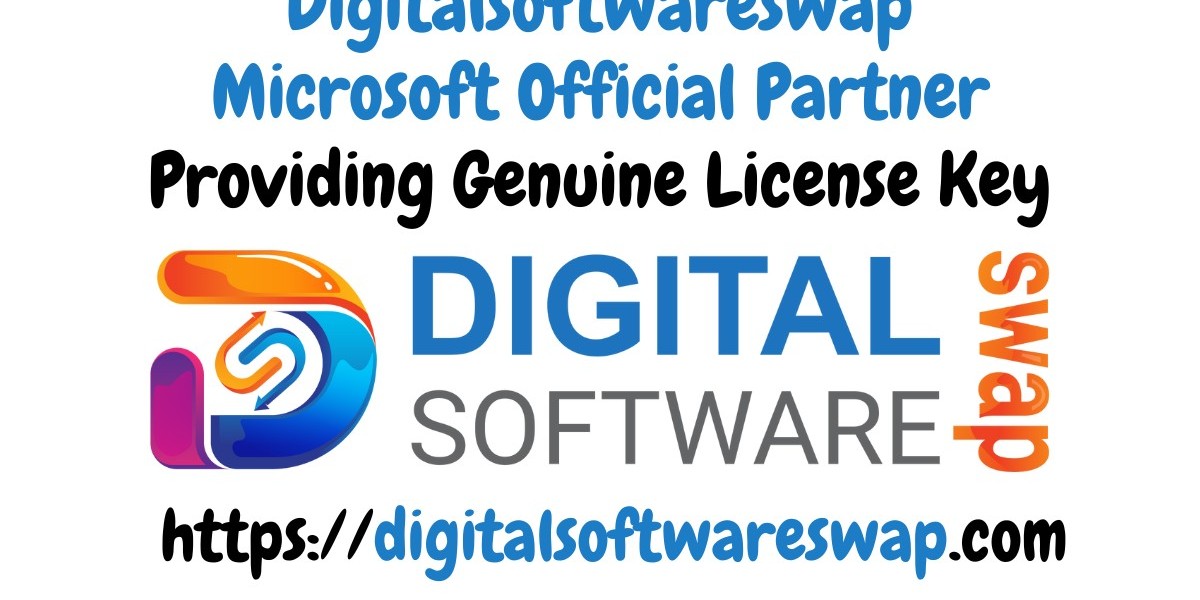So, you're setting up your PC or reinstalling Windows, and you're staring at that box asking for a product key. It might feel a bit intimidating, especially with all the chatter online about keys that are “cheap” or “digital.” Cory, like many others, found himself in the same spot a few months back. He bought a key online and had no clue if it was truly genuine or just a cleverly disguised fake.
Understanding how to check if you have a genuine Microsoft license key is super important—not just for keeping your PC working right, but also for staying safe and legal. This guide walks through the process in plain, everyday English.
What Is A Microsoft License Key And Why It Matters
Let’s start with the basics.
A Microsoft license key, also called a product key, is a 25-character code that looks like this: XXXXX-XXXXX-XXXXX-XXXXX-XXXXX. It proves that your copy of Windows is legit. Think of it as a digital receipt—a way for Microsoft to say, “Yep, this copy of Windows is real.”
There are a few types of keys out there:
Retail Keys: Bought directly from Microsoft or an authorized store. These are the most reliable.
OEM Keys (Original Equipment Manufacturer): These come pre-installed on a device like a laptop.
Volume Keys: Meant for businesses. If you see one sold online for personal use, it’s likely a red flag.
Using a fake key can lead to annoying problems like a watermark that says “Activate Windows,” missing updates, or even getting locked out of your system. Plus, pirated keys can put your data at risk. That’s why using a genuine Microsoft license key matters so much.
Microsoft has explained how licensing works in detail on Wikipedia, which can help if you're curious about the technical side.
Common Signs Your Microsoft Key Might Not Be Genuine
Spotting a fake key isn’t always easy, especially if you're not super techy. But there are some simple clues you can look out for.
Price Feels Too Good To Be True
If you're getting Windows 11 Pro for just a few dollars, pause for a second. Real license keys don’t usually come that cheap unless there's a legit sale or it's a refurbished device deal.Strange Sellers Or Websites
Buying from sketchy marketplaces or shady-looking websites? That's risky. Stick to well-known sites or official partners.Activation Fails Often
If you enter the key and Windows doesn’t activate, or it says it's already in use on another device, that’s a warning sign.No Proof Of Purchase
Did the seller provide an invoice or receipt? Genuine keys often come with documentation, especially when sold by trusted sources.
Cory learned this the hard way. He bought a “discount key” from a seller on social media. It worked for a week… then his screen turned black with a message that said "This copy of Windows is not genuine." Don’t make that mistake.






